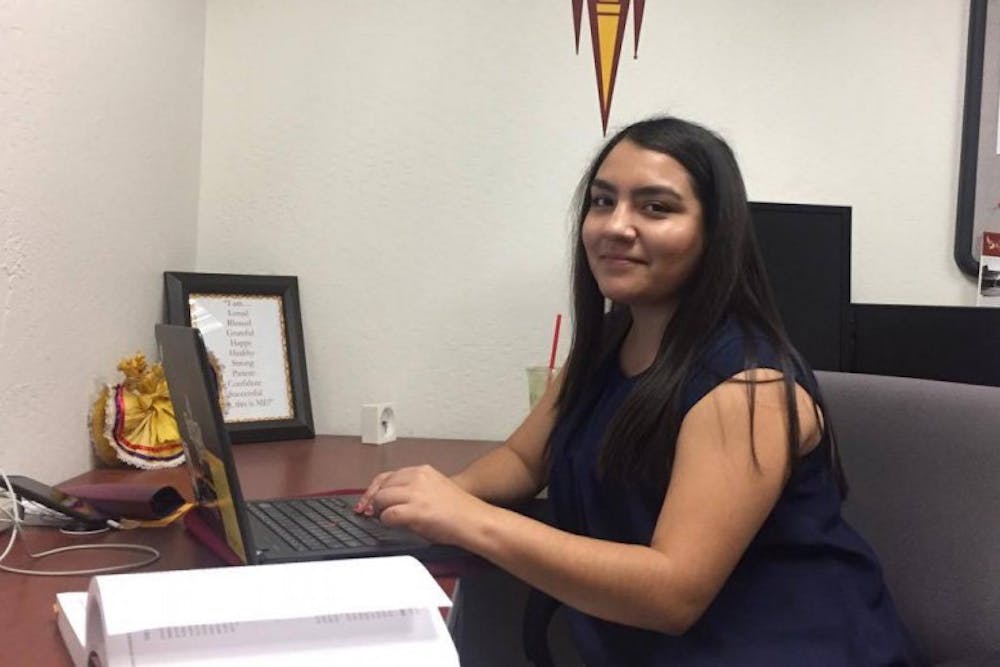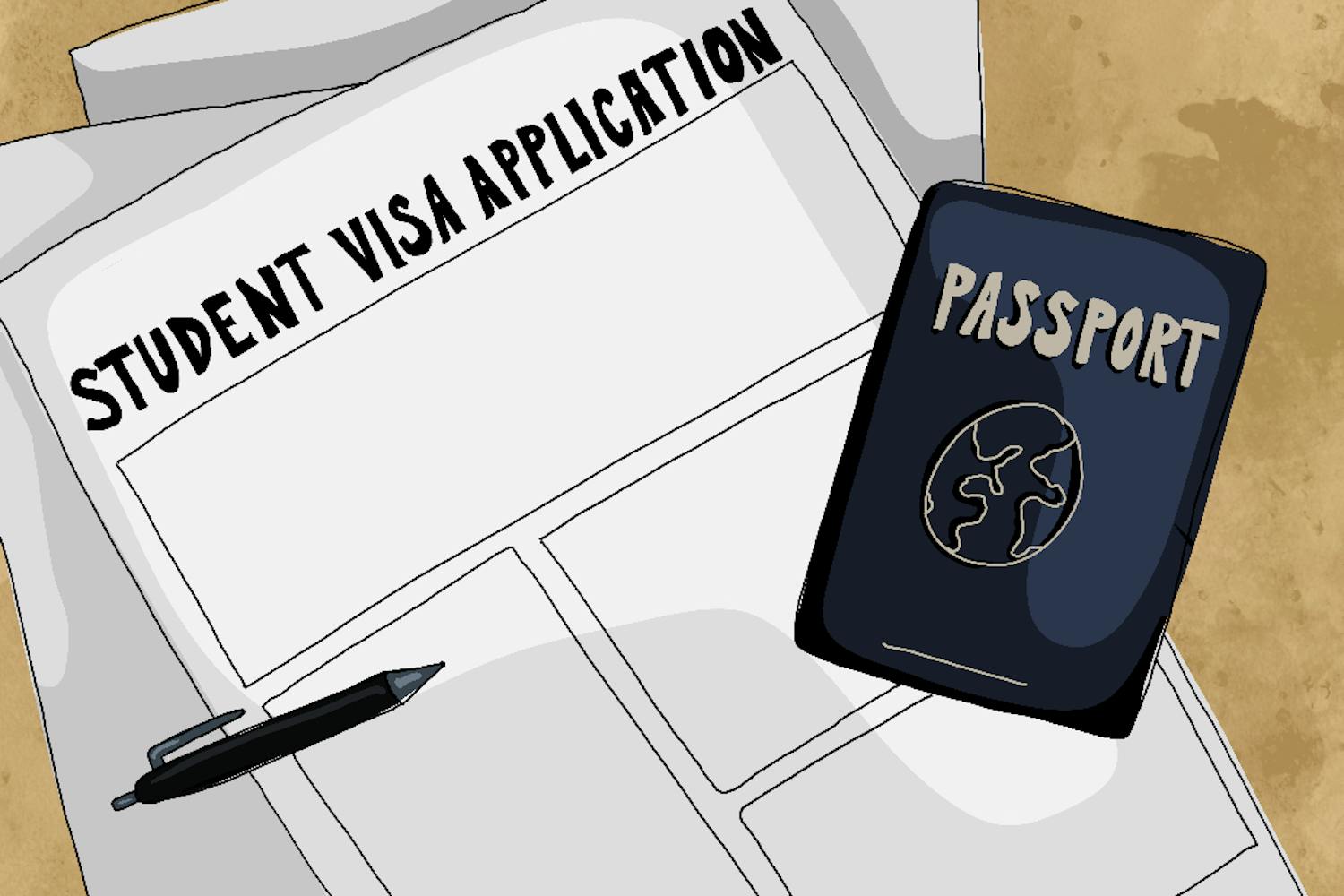ASU’s foster youth program is helping former foster students thrive in college.
The Bridging Success Early Start program at ASU has impacted former foster students’ lives since the program opened in 2015, according to published findings.
Early Start is a program held the week before each semester that helps connect foster students to ASU resources and the University community.
Since then, researchers from Bridging Success, which assists foster youth at ASU, has published an article about its findings, which show the impact that the program has had on former foster students who have participated in its Early Start program.
According to a 2016 article in the Children and Youth Services Review, students who have been in foster care who are now enrolled in a post-secondary institution are more likely to drop out after their first year in college than low-income, first-generation students who haven’t been through foster care.
A 2017 article in the Journal of Social Service Research published about Early Start stated that “students reported increased knowledge about how to contact an advisor, how to navigate the university website, obtaining information about choosing a career, getting around campus, and reported having more effective study techniques and ability to take good notes.”
Breanna Carpenter, a social work junior who contributed to the 2017 article and is part of a research team for the Bridging Success Early Start program, said that not many former foster care students complete a degree.
Each year, less than 5 percent of former foster youth who pursue post-secondary education finish a degree, she said.
“We are innovating with this program,” said Jeanne Hanrahan, the director of community outreach of University College. She also contributed to the 2017 article.
“ASU is really at the forefront with providing a landing place for incoming former foster youth a community and preparing them with skills and tools to help them make a successful transition here,” Hanrahan said.
The Early Start program is a unique program for former foster students, Hanrahan said.
“One of the things that’s really important in our program is helping them see and recognize and discover in themselves their strengths and how the things that have gotten them to this point in their lives can also help them be successful in college and overcome the challenges that they have in college,” she said.
Hanrahan also said that high school guidance counselors and social workers around the state of Arizona have contacted them about the foster youth programs at ASU.
Kalah Polsean, a management intern at University College said there has been an increase in efforts among higher educational institutions to support former foster youth.
“It’s really neat to see (the students) have that shift from the beginning to the end of the program,” Polsean said. “There are more colleges and universities that want to do things for foster youth.”
Cynthia Alaffa is a junior majoring in social work who participated in the Bridging Success Early Start program when it started in 2015.
“They really help you find who you are, find what you really want to do, find what you’re passionate about and help you follow through with it and find a degree that will suit it,” Alaffa said.
Alaffa said that the program has helped her with professional development and leadership skills.
“They are just amazing,” said Alaffa, who is now a lead peer mentor at Bridging Success. “They really helped me find who I am.”
Reach the reporter at gmarti35@asu.edu or follow @gmtz90 on Twitter.
Like State Press on Facebook and follow @statepress on Twitter.




